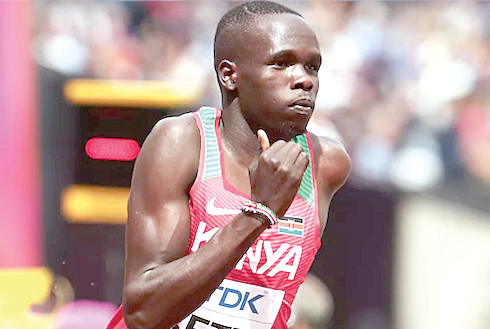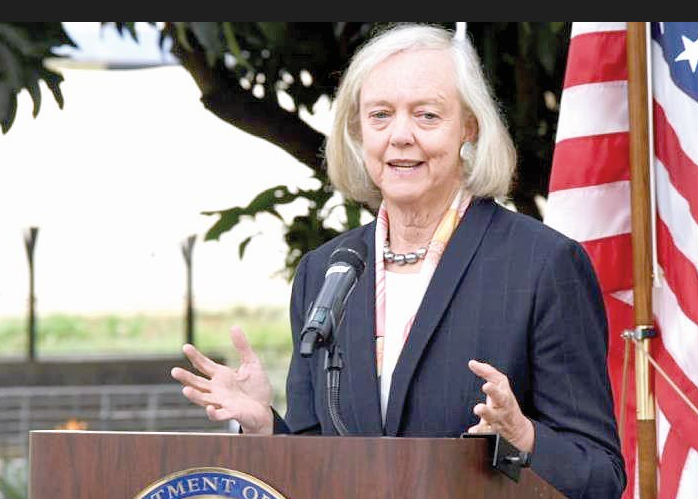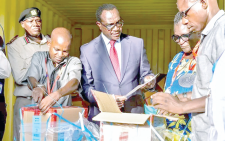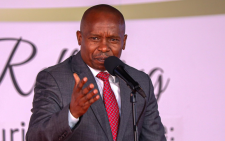As international sports figures like Simone Biles and Naomi Osaka have highlighted the importance of mental health, the plight of Kenyan athletes has become increasingly urgent.
The recent death of Kipyegon Bett, a former world bronze medalist in the 800 metres, has shocked the athletics community. He died on 6 October at just 26 years old from kidney and liver failure due to alcohol, following a four-year ban for doping.
His sister, Purity Kirui, noted, “He went into a depression and started drinking heavily,” after struggling to return to the sport after his ban ended in 2022.
On the same day, the body of steeplechaser Clement Kemboi was discovered in Iten, a well-known training area. Athletics Kenya executive member Barnaba Korir acknowledged, “We cannot ignore that there’s a problem,” emphasising the financial and mental health challenges facing athletes.
Julius Yego, a 2016 Olympic javelin silver medallist, called for improved protections for athletes, stating,
“The issue of mental health among the athletes who have served suspensions for doping is alarming.” He noted that these athletes often feel isolated and lack support from Athletics Kenya and their former coaches.
The losses have compounded as the community mourns the deaths of three additional athletes, including marathon runner Samson Kandie, who was killed in a violent attack, and Willy Kipruto Chelewa, whose death is under investigation.
Retired 1,500m Olympic champion Asbel Kiprop highlighted the vulnerabilities athletes face, particularly in a country where many live in poverty, making them targets for violence.
“Tragically it is becoming rampant. It calls for the athletes to be more vigilant,” he warned, noting that for some, joining the police force is a means of ensuring safety. “Otherwise, good personal discipline is essential.” – InsideTheGames


















